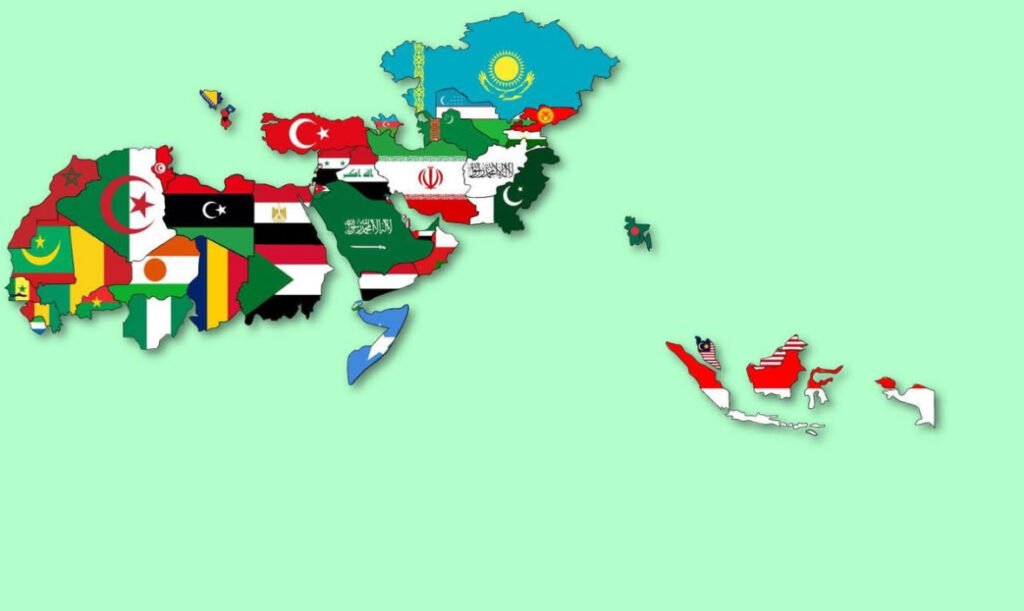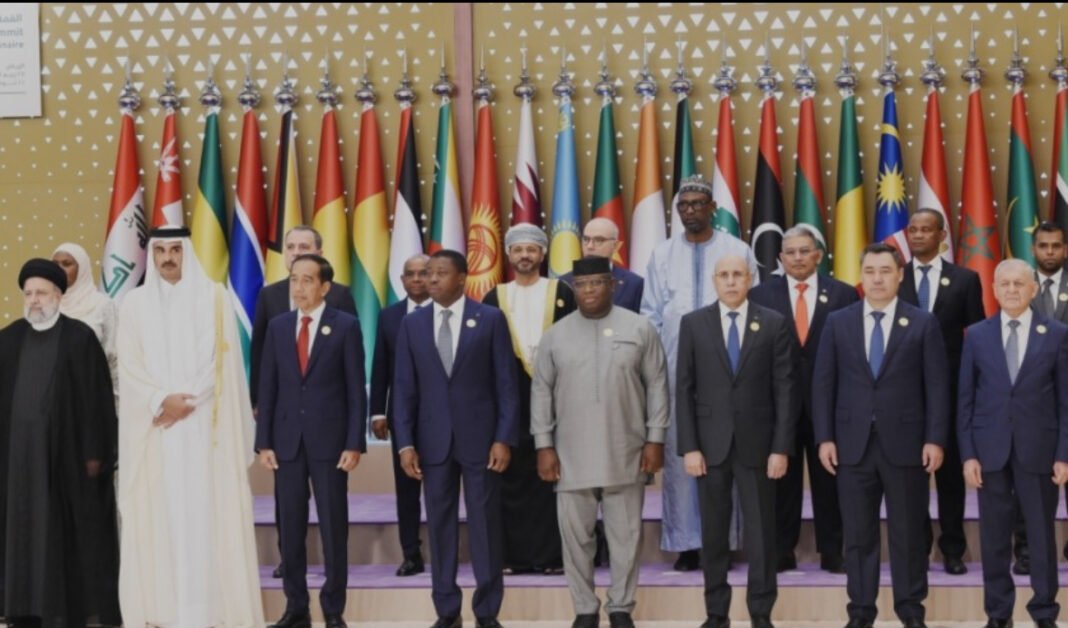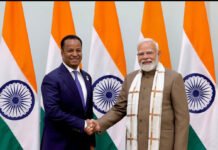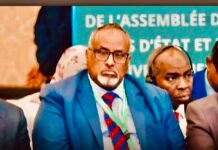DOHA, (HAN) – As leaders from the Organization of Islamic Cooperation (OIC) and the Arab League gather in Doha, analysts point to the vast economic weight of the Muslim world — a power that could reshape global politics if harnessed with unity and strategy.

Despite decades of division, figures from the World Bank and IMF reveal the sheer scale of Muslim-majority economies. In 2024 alone:
- Indonesia reached a GDP of $1.47 trillion.
- Turkey recorded $1.34 trillion.
- Saudi Arabia hit $1.11 trillion.
- Malaysia stood at $447 billion.
- Iran registered $434 billion.
These numbers highlight the capacity of Islamic countries not just as consumer markets but also as producers of critical resources, boasting natural wealth, modern infrastructure, and skilled labor forces.
Oil and Gas Powerhouses
Arab and Muslim nations remain central players in global energy.
- Saudi Arabia produces 10 million barrels per day with reserves exceeding 260 billion barrels.
- Iraq produces 4.5 million barrels per day with 145 billion barrels in reserves.
- UAE maintains 4 million barrels per day, with 100 billion barrels in reserves.
- Kuwait produces 3 million barrels per day with 101 billion barrels in reserves.
- Iran produces 3.5 million barrels daily with 157 billion barrels in reserves, ranking fourth globally.
Muslim states, as OPEC members, shape oil policies and market stability. By 2025, Middle Eastern Muslim producers are forecast to become the world’s second-largest gas suppliers after North America, with rapid expansion led by Qatar, Saudi Arabia, Iran, the UAE, and Oman.
Trade and Global Influence
Beyond energy, Muslim nations are deeply embedded in global trade.
- Indonesia: $498.36 billion in trade (2024).
- Malaysia: Exports worth $316.68 billion, imports $287.91 billion.
- Turkey: Exports $261.85 billion, imports $344.02 billion.
- Saudi Arabia: Non-oil exports at $137.29 billion, imports $232.81 billion.
- UAE: Trade volume in 2024 hit $1.424 trillion.
Arab countries also hold over 80% of the world’s phosphate reserves, giving them another strategic economic tool.
Historical Precedent
The October 1973 war stands as a powerful reminder. When Arab nations imposed an oil embargo on Western countries backing Israel, energy prices surged and Western economies suffered. The move demonstrated that coordinated economic action could tilt global power balances.
Today’s Question
With Israel pursuing expansionist policies and after the recent attack on Doha, observers ask: Will Islamic leaders wield their economic arsenal as leverage?
The answer, analysts stress, rests in Doha, where Islamic leaders deliberate whether unity can transform potential into real geopolitical influence — or whether divisions will keep them sidelined, as rhetorical powers rather than decisive actors.





